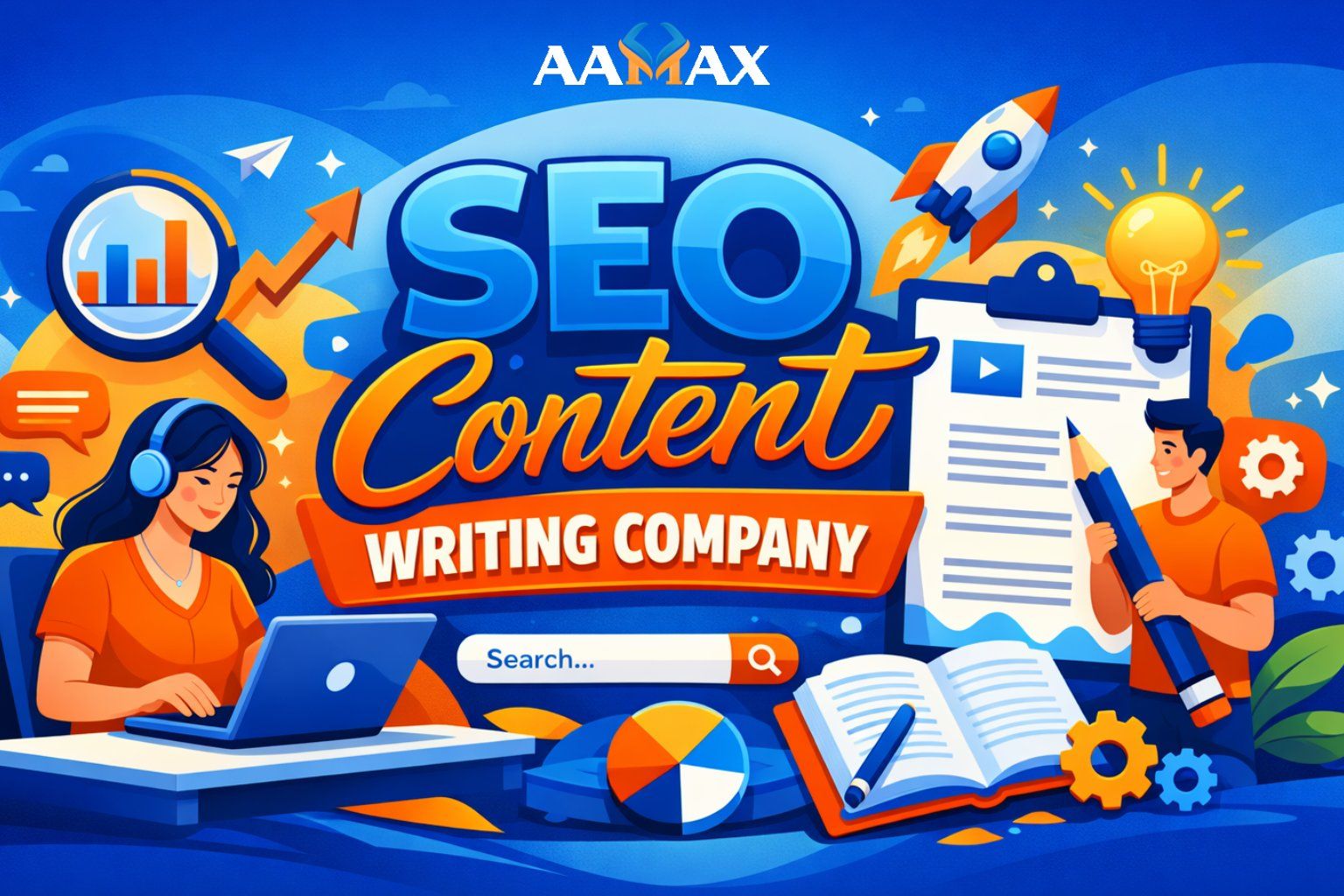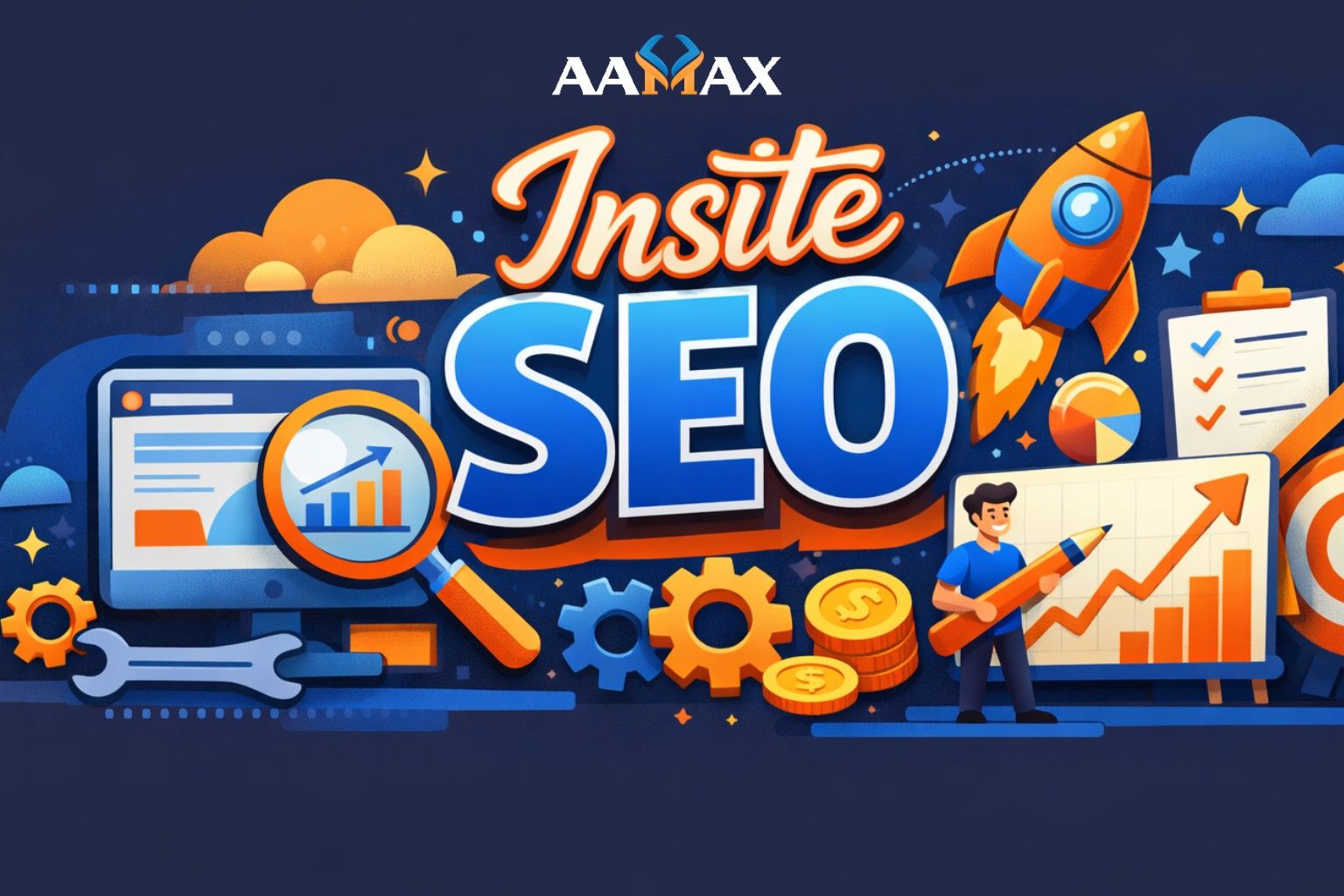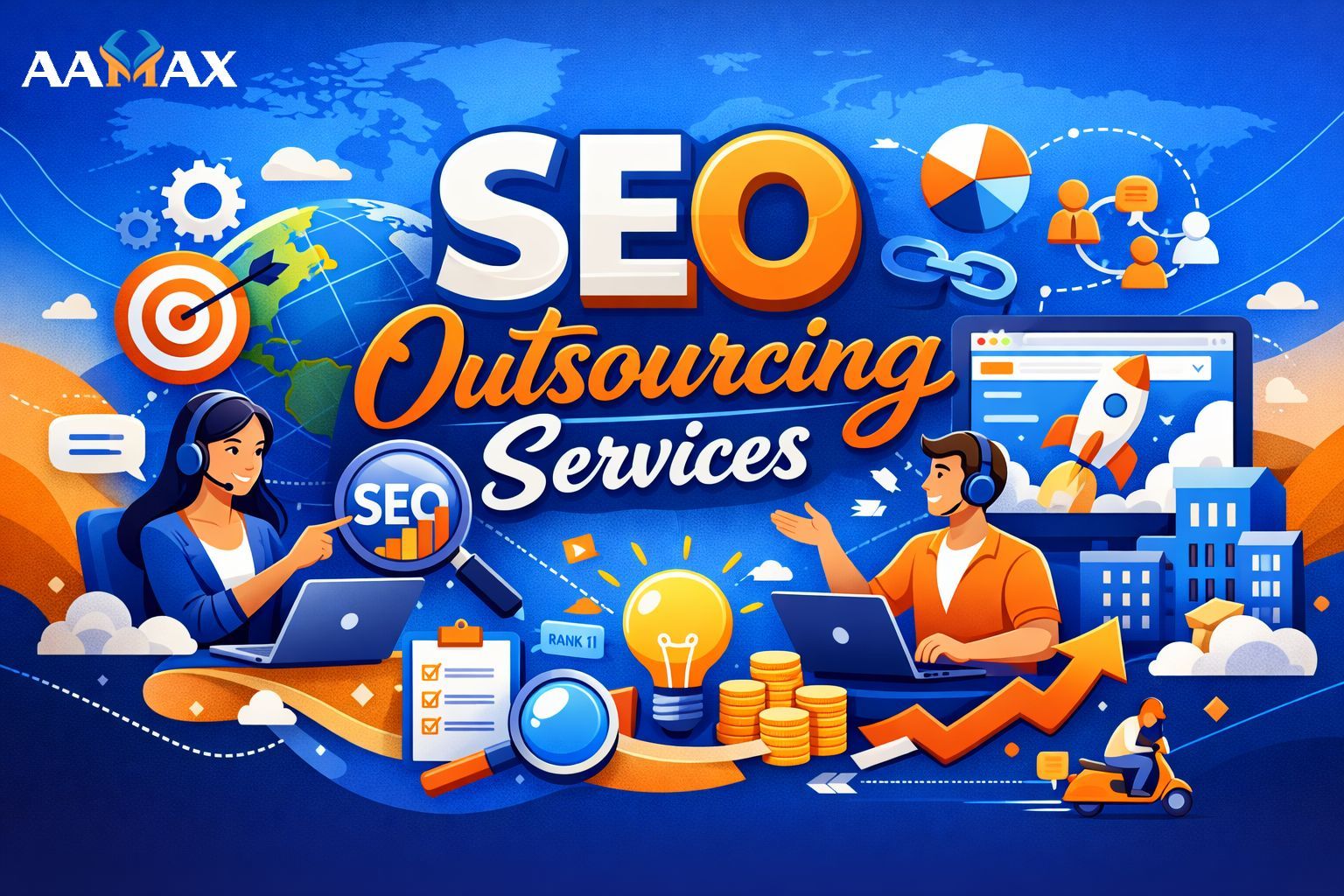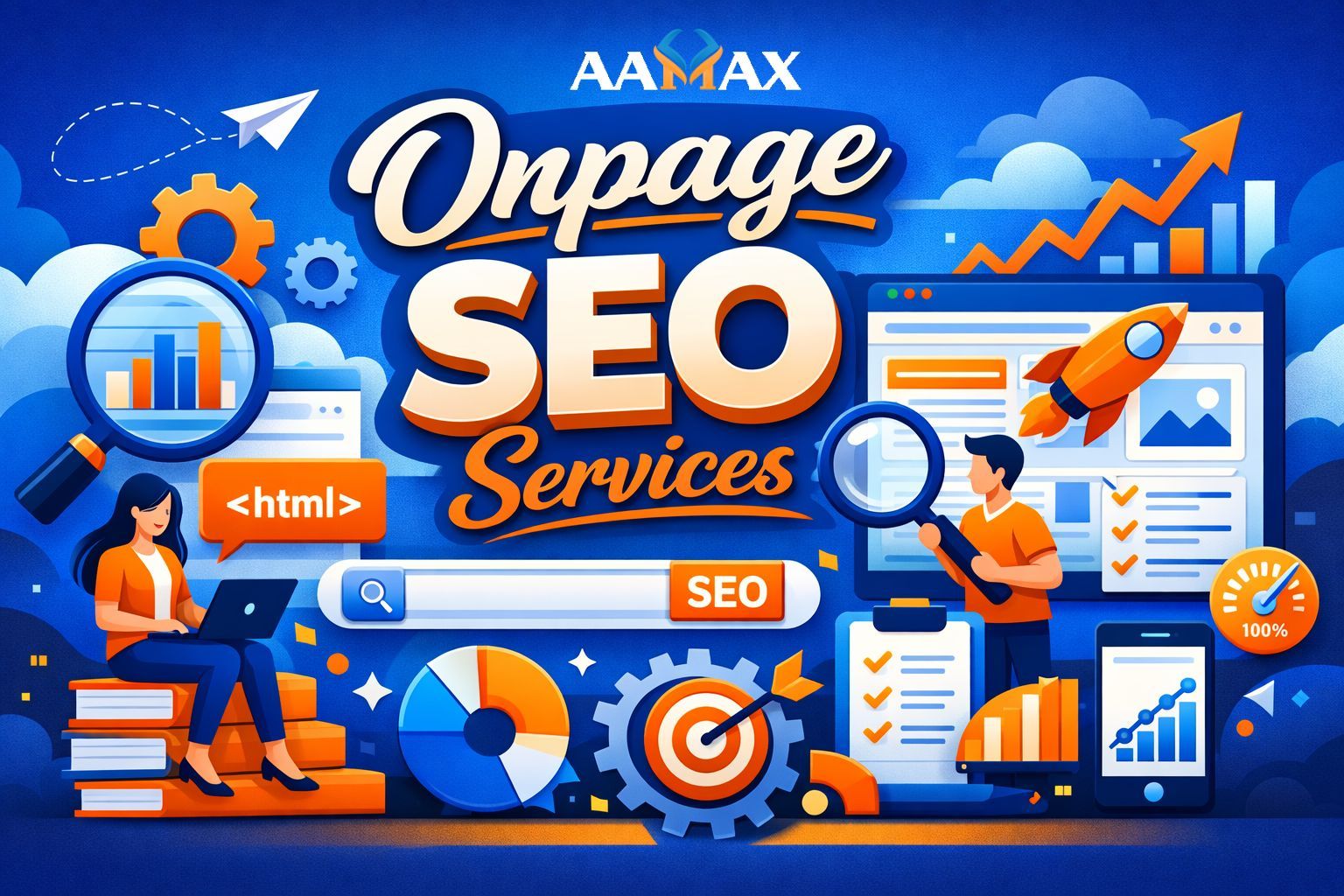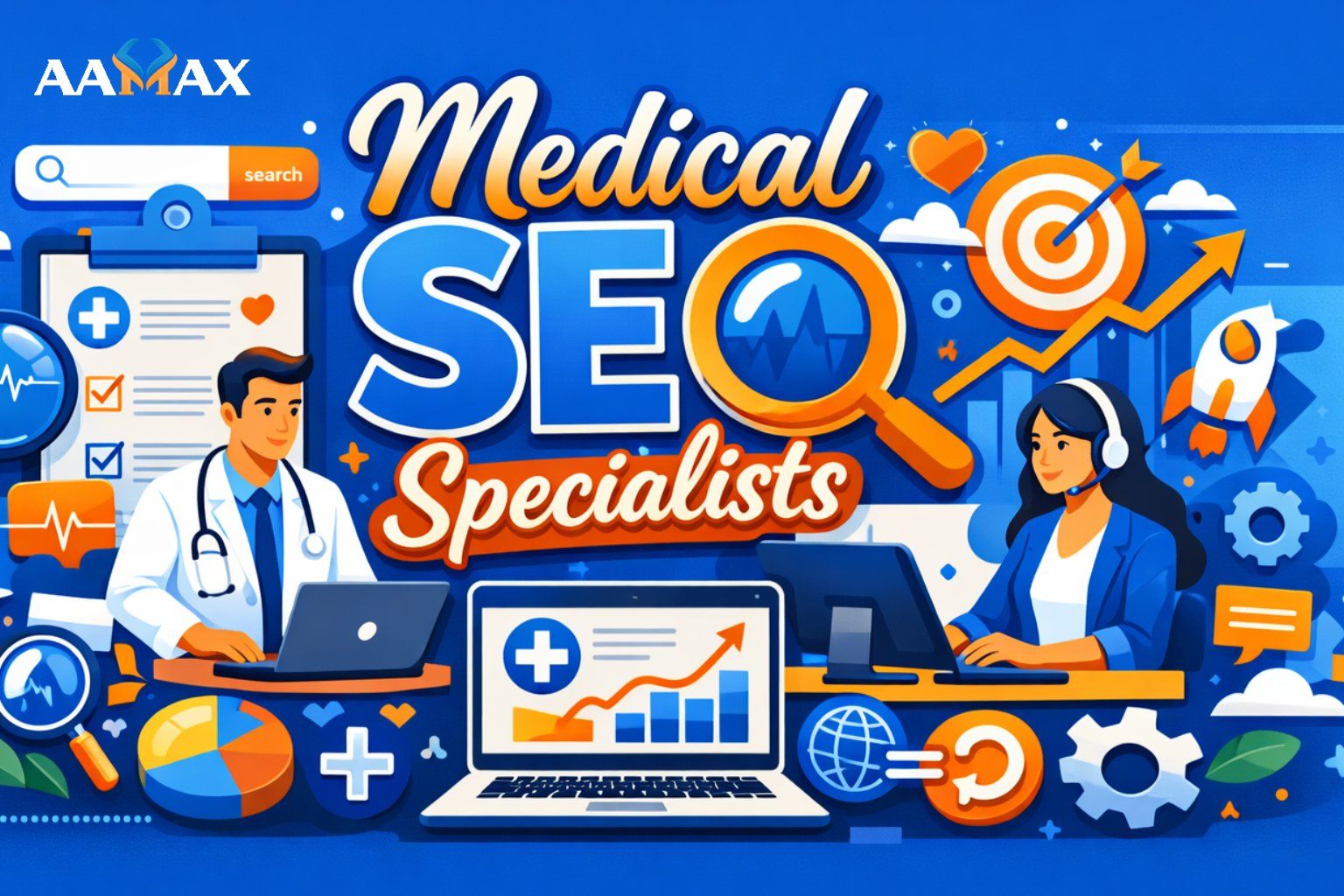
How to Use AI for SEO: Strategies, Tools, and Best Practices
Artificial Intelligence (AI) has reshaped how businesses approach search engine optimization (SEO). What used to be a game of keyword stuffing and backlinks has evolved into a sophisticated, data-driven discipline — where AI helps marketers analyze intent, create optimized content, and automate time-consuming processes.
In this in-depth guide, we’ll explore how to use AI for SEO effectively — from strategy and tools to best practices — so you can rank higher, create smarter content, and stay ahead of competitors.
Why AI Matters in SEO
AI plays a crucial role in modern Search Engine Optimization (SEO) because search engines themselves rely heavily on machine learning. Google’s algorithms, like RankBrain and BERT, use AI to understand context, search intent, and user satisfaction.
To succeed in this AI-driven landscape, businesses need to use AI tools and strategies to align with how search engines “think.” This means optimizing not just for keywords, but for meaning, engagement, and experience.
Key Benefits of Using AI for SEO
- Smarter Keyword Research: Identify semantically related keywords and intent-based terms.
- Content Optimization: Generate outlines, topics, and improved drafts with AI tools.
- Automation: Streamline technical SEO tasks, audits, and reporting.
- Personalization: Use AI to tailor content and recommendations to audience behavior.
- Predictive Analytics: Forecast traffic, trends, and user interests using data patterns.
Understanding How AI Impacts Search Engines
Before diving into tools and tactics, it’s important to understand how AI is already shaping search engine algorithms.
RankBrain
Google’s RankBrain uses machine learning to interpret queries and deliver relevant results. It focuses on understanding user intent rather than just exact keyword matches.
BERT and MUM
Google’s BERT (Bidirectional Encoder Representations from Transformers) and MUM (Multitask Unified Model) understand context and relationships between words. This means SEO must focus on natural, conversational language that addresses intent and depth.
AI in SERP Features
AI also powers voice search, image recognition, and personalized search results. Optimizing for these AI-driven features requires content that’s structured, clear, and semantically rich.
How to Use AI in Your SEO Strategy
Let’s break down how you can integrate AI into every stage of your SEO strategy — from planning and creation to analysis and optimization.
1. AI for Keyword Research
Traditional keyword research tools focus on search volume and competition. AI tools go deeper — they analyze intent, semantic relationships, and long-tail opportunities.
Top AI-Powered Keyword Research Tools
- Semrush with AI-driven Topic Research
- Ahrefs with Keyword Difficulty Insights
- ChatGPT or Gemini for Idea Generation
- Surfer SEO for SERP correlation analysis
AI can identify clusters of related topics, helping you create comprehensive content hubs that boost topical authority.
Example
Instead of targeting just “AI for SEO,” AI tools may suggest variations like:
- “AI content optimization strategies”
- “machine learning for SEO ranking”
- “AI tools for keyword clustering”
2. AI for Content Creation and Optimization
AI can assist in every stage of content creation — from ideation to on-page optimization.
How AI Helps with Content Creation
- Topic Ideation: Generate trending and relevant topics based on keyword gaps.
- Content Briefs: Tools like Frase, MarketMuse, or SurferSEO create SEO-optimized briefs with headings and target keywords.
- Drafting: AI writers like ChatGPT, Jasper, or Copy.ai can produce initial drafts that you can refine for brand voice and quality.
- Optimization: AI can analyze top-ranking pages to ensure your content covers all important subtopics.
Best Practices for AI-Driven Content
- Always human-edit AI-generated content for tone, accuracy, and originality.
- Focus on E-E-A-T principles (Experience, Expertise, Authoritativeness, Trustworthiness).
- Ensure semantic coverage — address related topics and questions users ask.
3. AI for On-Page SEO
AI-powered SEO tools can automatically analyze on-page elements and recommend optimizations that improve visibility and engagement.
Common On-Page Optimizations AI Can Automate
- Title and meta tag optimization
- Internal link recommendations
- Readability and keyword density analysis
- Schema markup suggestions
Tools to Try
- Clearscope and SurferSEO: For optimizing headings, readability, and topical relevance.
- Yoast SEO (AI version): Provides suggestions for meta descriptions and content improvements.
- ChatGPT plug-ins: Help generate or rewrite metadata for multiple pages quickly.
4. AI for Technical SEO
Technical SEO ensures your website is accessible, crawlable, and fast — and AI can make this process far easier.
AI Tools for Technical SEO
- Screaming Frog + AI Insights: Analyze crawl data for indexing issues.
- DeepCrawl: Uses AI to identify structural weaknesses.
- ContentKing: Offers real-time SEO monitoring with AI alerts.
- PageSpeed Insights + AI Analysis: Helps identify speed bottlenecks and optimizations.
AI can even detect issues like duplicate content, broken links, and mobile UX problems — all crucial for ranking performance.
5. AI for Link Building
AI-driven link building tools help identify high-quality opportunities and analyze backlink profiles faster.
Smart Ways AI Improves Link Building
- Finding relevant link prospects based on semantic context.
- Evaluating link authority and spam probability.
- Automating outreach personalization using NLP-based templates.
Tools to Explore
- Respona: AI-assisted outreach personalization.
- BuzzStream: Manages link outreach workflows efficiently.
- Pitchbox: Uses AI to analyze response likelihood.
6. AI for SEO Reporting and Analytics
AI can transform raw data into actionable insights — saving time and uncovering patterns humans might miss.
AI-Driven Analytics Tools
- Google Analytics 4 (GA4): AI-based predictive metrics for user behavior.
- ChatGPT or CoPilot integrations: Generate natural-language summaries of performance data.
- SEO PowerSuite & Surfer Analytics: Deliver performance trends and keyword ROI.
With predictive analytics, you can forecast traffic changes, seasonality impacts, and ranking trends — allowing proactive strategy adjustments.
Best Practices for Using AI in SEO
AI is powerful, but it should enhance—not replace—your SEO strategy. Follow these best practices to get the best results.
Keep Human Oversight
AI can assist with data, not decision-making. Always validate AI outputs for context, accuracy, and ethics.
Focus on User Intent
Use AI tools to understand why users search, not just what they search for. Tailor your content to satisfy intent (informational, transactional, navigational).
Optimize for Voice and Conversational Search
As voice assistants become common, AI helps you optimize content for natural language queries like “How can I use AI for SEO?”
Embrace Structured Data
AI tools can generate schema markup that helps Google understand your content’s structure — improving chances for rich snippets.
Prioritize Quality and Trust
Google’s E-E-A-T framework means content needs to demonstrate real expertise and trustworthiness. Use AI for efficiency, but make sure real experts contribute and review your content.
Test, Measure, Improve
AI thrives on feedback loops. Continuously analyze performance data, adjust strategies, and retrain your AI tools for better outcomes.
Common Mistakes to Avoid with AI SEO
- Over-relying on AI-written content without human editing.
- Ignoring originality — duplicated AI-generated content can hurt rankings.
- Using AI for shortcuts instead of strategic insights.
- Neglecting brand voice — your content should still sound human and consistent.
- Skipping data validation — AI suggestions should always be verified by SEO professionals.
The Future of AI in SEO
The intersection of AI and SEO will only deepen in coming years. Expect AI to:
- Automate even more complex SEO audits.
- Deliver personalized search results based on user behavior patterns.
- Enable predictive SEO — anticipating algorithm changes before they happen.
- Improve multimodal search (text, image, and video combined).
SEO professionals who adopt AI now will gain a major competitive advantage — being faster, smarter, and more adaptive.
Partner with Experts for AI SEO Success
While AI makes SEO smarter and more efficient, it still requires strategic direction, human creativity, and technical expertise. That’s where working with a specialized agency can help.
If you’re looking to implement AI-driven SEO strategies, hire AAMAX — a full-service digital marketing company offering Web Development, Digital Marketing, and SEO Services. Their team combines AI technology with human expertise to deliver data-backed, high-performance SEO results.
AAMAX helps you:
- Integrate AI tools seamlessly into your workflow.
- Build content that ranks higher with semantic optimization.
- Automate keyword and link-building tasks intelligently.
- Continuously refine SEO strategies through AI-powered analytics.
Final Thoughts
AI is not replacing SEO — it’s revolutionizing it. From predictive analytics to automated content optimization, AI empowers marketers to make smarter, faster, and more data-driven decisions.
By blending AI technology with human creativity and expertise, you can dominate search results, enhance user experience, and future-proof your online presence.
Start experimenting with AI tools today — and if you’re serious about scaling your SEO with AI precision and expertise, partner with professionals like AAMAX to make it happen.

